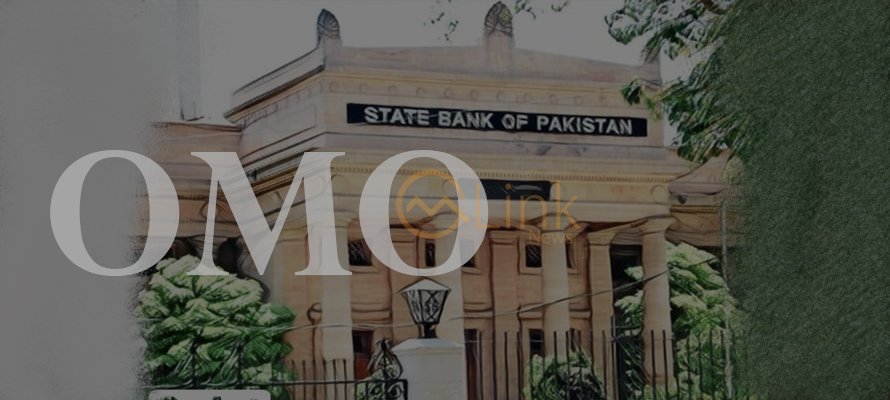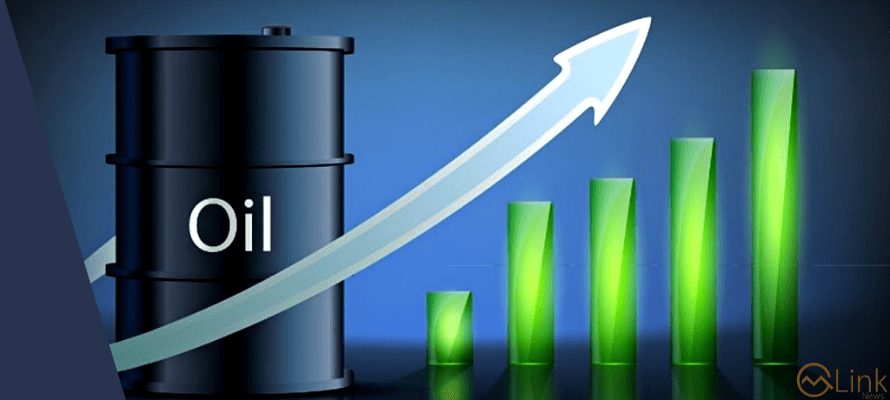July 31, 2021 (MLN): To maintain the balance between both, growth and inflation, government has left no page unturned which is clearly reflected in its recent monetary policy committee (MPC) meeting.
The status quo decision of the central bank on policy rate at 7% extended the support to the economy in the wake of 4th wave of Covid-19 pandemic wherein the metropolitan city is going through strict lockdown.
After status quo decision of MPC, now everyone is finger crossed to see inflation numbers just to keep a check on the economic stability and how the first month of FY22 has passed in terms of consumer prices in general.
For this, Pakistan Bureau of Statistics is all set to announce CPI statistics for month of July’21 in the coming days, most probably on the first working day of August’21.
The Consumer Inflation data for July’21 is anticipated to clock in at 8.2% YoY, against 9.7% recorded in the previous month and 9.3% YoY in June’20. The increase will likely to occur on the basis of expected contribution from the food, housing and electricity group.
Going by the projections of different brokerage houses, the headline inflation will likely swing around 7.7% – 8.7%YoY.
The expected inflation is in line with the forecasted figures reported by the Ministry of Finance in its latest Economic Outlook where the Ministry cited that inflation in July’21 is likely to settle within the range of 7.5% – 9%.
To explain this further, the report stated that declining trend of Consumer Price Index (CPI) will continue in the absence of any major shock. MoM inflationary impulses in July can be considered as 2nd round effect of previous increase in international commodity prices, from recent increase in gasoline prices, currency depreciation and monetary expansion. Furthermore, the month of July tends to show a positive seasonal inflation effect.
On the other hand, international food prices declined in June and Government efforts to increase the efficiency of domestic food markets are still in place and are continuously being monitored and strengthened. The dividends of positive market intervention may ease the pressure on prices and as a result YoY inflation in July, 2021 is expected to decelerate, the report added.
On a sequential basis, inflation is expected to witness a slight uptick of 1% MoM in July’21 compared to the decline of 0.24% MoM in June’21, mainly due to the increase in food prices, transportation, and housing index.
To note, the rebound in food prices will likely reflect the seasonal uptick on account of Eid-ul-Azha during the review month.
Taking cues from the recently published data of sensitive price index (SPI), the average prices of tomatoes, onions, potatoes and fresh Vegetables are anticipated to stage an increase of 78% MoM, 34% MoM, 16% MoM and 6% MoM, respectively. On the flip side, prices of essential food items like fruits, pulses, and poultry items will likely decline.
Meanwhile, prices of petroleum products were also increased during the month. Particularly, the price of MS and HSD jumped by 6.7% and 3.5%, respectively which is anticipated to uplift the non-core inflation. In addition, the surge in LPG prices by 13% MoM would also add elevated the inflation. This will keep the transport and housing Indices up by almost 1.9% MoM and 1.1% MoM, respectively.
On the yearly basis, inflation would likely be backed by the expected rise in food (11%YoY), housing & electricity (3.6%YoY), furnishing & household (4.5%YoY), transportation (13%YoY) and hoteling indices (19%YoY) as compared to Jul’20 indices levels. Further, the electricity rates have also increased by 68%YoY in Jul’21 owing to hike in electricity prices as per negotiations with IMF.
It is pertinent to mention that inflation has dropped from 11.1 percent YoY in April to 9.7 percent in June. For the first time since January, food prices fell on a month-on-month basis in June, on the back of the government’s administrative measures and imports of wheat and sugar. Despite the rise in global oil prices, downward adjustments in the PDL have helped limit domestic pass-through.
|
CPI Projections for July 2021 |
YOY (%) |
MOM (%) |
|---|---|---|
|
Arif Habib Limited |
8.1 |
1 |
|
Shajar Capital |
8.3 |
1.24 |
|
Foundation Securities |
8 |
0.9 |
|
Sherman Securities |
8.19 |
1.09 |
|
Taurus Securities |
8.7 |
– |
|
Abbasi and Company |
8.4 | 1.3 |
|
Pearl Securities |
7.7 |
0.6 |
|
Range |
8.7 – 7.7 |
1.24 – 0.6 |
|
Average |
8.2 |
1.0 |
Going in to the details, it is important to underline that current account deficit was recorded at US$1.9bn in FY21 which has been underpinned by record exports, up by US$3.6bn,13% and remittances, jumped by US$6.2bn, 27% YoY in FY21). However, it is noted with consternation that goods imports have touched levels last seen during FY18 balance of payments crisis. This presents a risk to CAD outlook if import volumes increase, given higher government’s economic growth target, or commodity prices rise further and the volume of remittances reach to pre COVID level.
Moreover, flexible exchange rate would be government’s first line of defense against ballooning imports. To highlight, currency has depreciated against the greenback by 5.3% during last 3 months but FX reserves have remained stable with support expected to continue from Roshan Digital Account inflows.Monetary policy would come into play only if demand side inflationary pressures emerge, a report by Foundation Secrities said.
As per estimations made by Foundation Securities, current account deficit would be around 2.1% of GDP (US$6.6bn) versus SBP forecast of 2-3% of GDP (US$6.2-9.5bn) in in FY22.
On the monetary policy front, the MPC in its latest meeting kept the policy rate unchanged at 7% as mentioned above. The MPC noted, “this is the third consecutive year that inflation has fallen within or marginally below the projected range issued by the SBP around the beginning of the year, highlighting strong forecasting performance.”
The recent decline in inflation is consistent with the MPC’s view that recent price pressures are largely supply-driven and transient. Headline inflation should begin to dissipate more visibly in the second half of the year when the February electricity tariff increase drops out of the base, converging to the 5 – 7 percent target range over the medium term.
According to Shajar Capital, CPI for the year FY22 will likely remain within the SBP range of 7%-9% in the midst of price shocks along with the supply concerns as the COVID variants plaguing the world gradually.
Copyright Mettis Link News
42505







